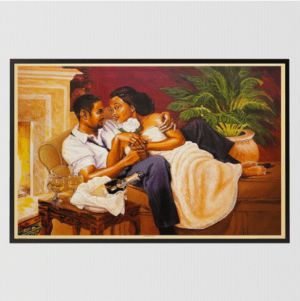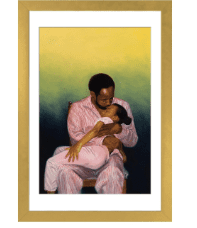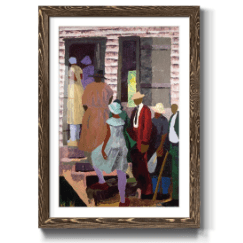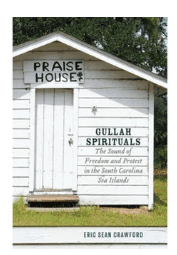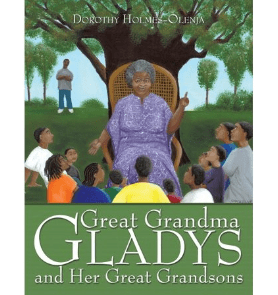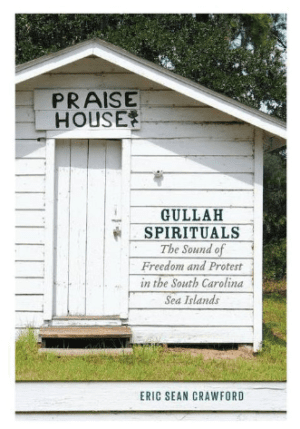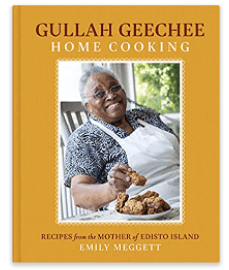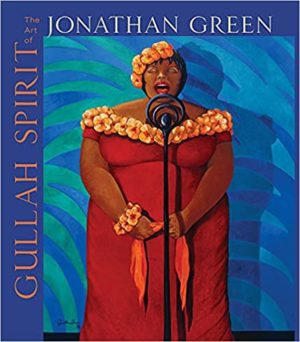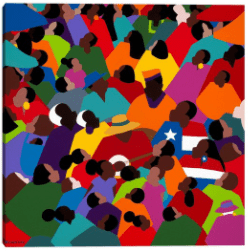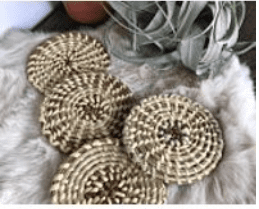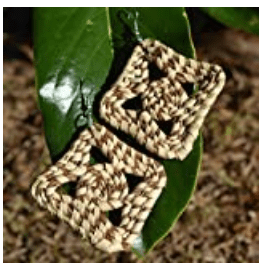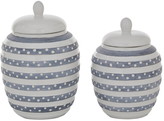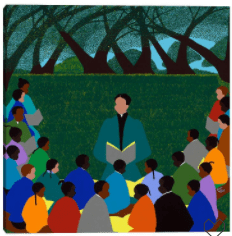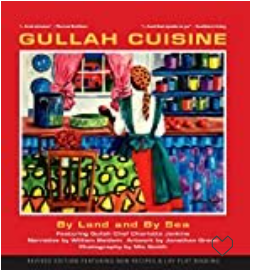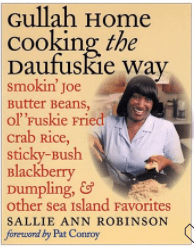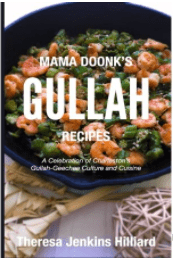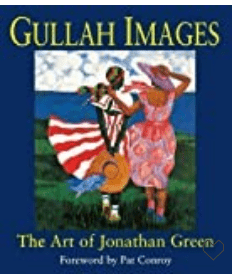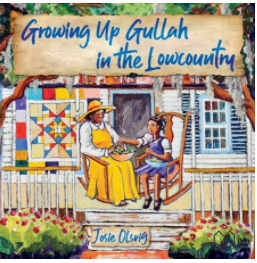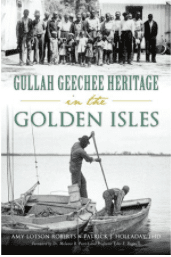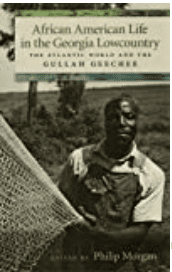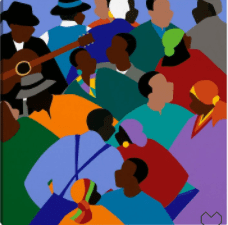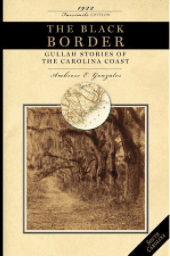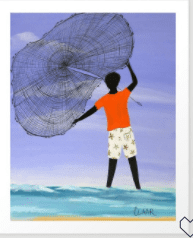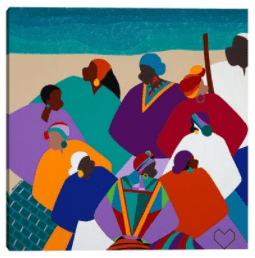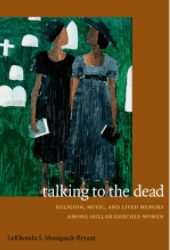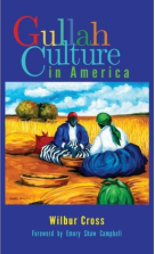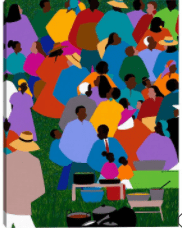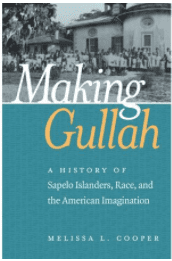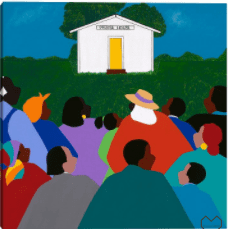
There is no questioning the exclusivity of Les Dames d’Escoffier International. Membership is invitation-only. You have to know someone to join the 43-year old philanthropic organization comprised of women in culinary-related professions. Members embody a range of professions and stations in life. They are internationally-renowned luminaries in wine and food as well as local culinarians who are crafters and creators, and a few are on TV. Notable African American members include food writers and authors Ellen Sweets and Toni Tipton-Martin, chefs Elle Simone, Jennifer Booker and Carla Hall, and in 1999 Edna Lewis, the grand dame of Southern cooking, was bestowed the honorary title of Grand Dames Les Dames d’Escoffier. Les Dames has invited over 2300 members and chartered 42 chapters worldwide. On September 19, 2018, the LDEI Council of Delegates ratified charters in Paris, France and Savannah & Coastal Georgia chapters.
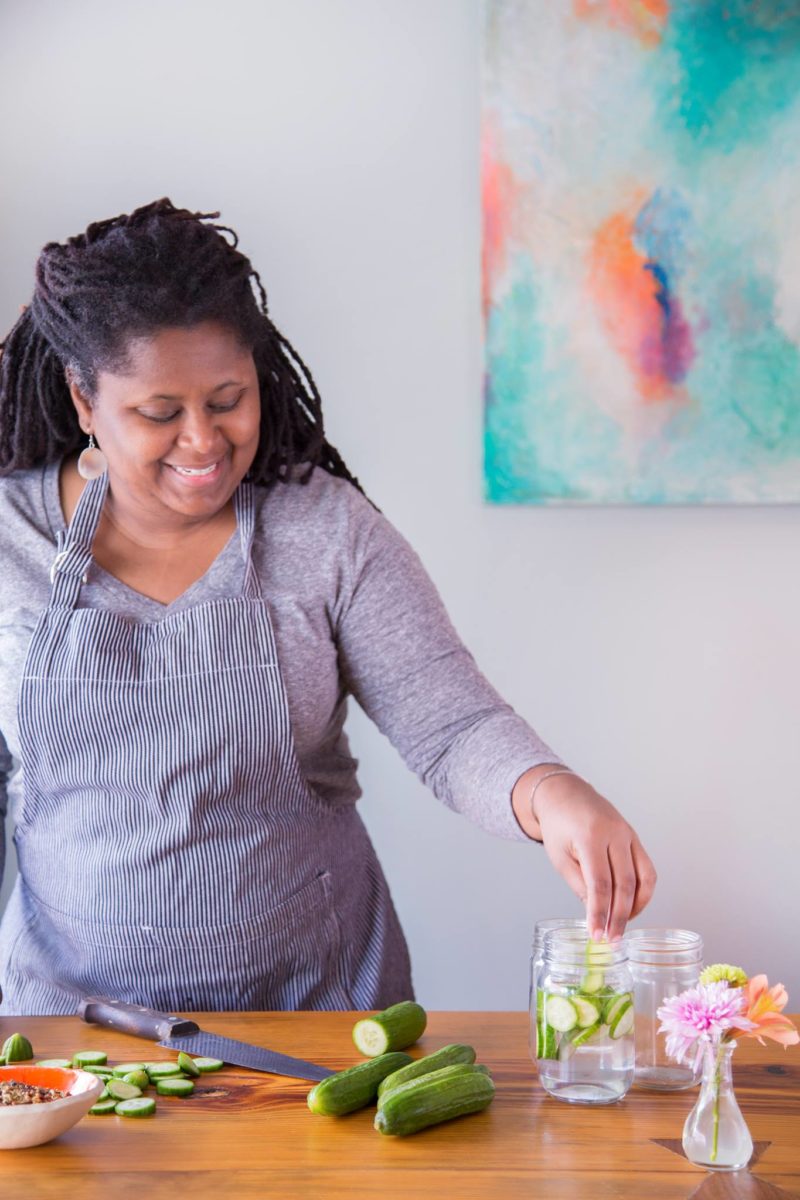
Photo credit – Kate Blohm for PeachDish
Les Dames d’Escoffier International Savannah & Coastal Georgia Chapter though one of the newest chapters is potentially the most beguiling in leadership and overdue to be established given its region. The president and vice-president are two African American women with culinary résumés and pedigrees that have not only opened doors for them but have created opportunities for many other women. Jovan Sage (president) and Mashama Bailey (vice-president) are highly respected and accomplished in business, and both are leaders who sit on boards all the while pursuing their own food work.
Jovan Sage laughed remembering the day she rushed into a chapter meeting, late and apologetic, only to learn she had been nominated to lead the chapter of 20 women that includes award winners and cookbook authors. “I was stunned, honored, and wondering ‘what just happened?!’” She learned that Mashama was a co-conspirator, and she returned the favor the owner of Savannah’s The Grey restaurant by cheering her on to the chapter’s vice-presidency. Sage calls every step from the membership invitation to the charter to her nomination “nothing aimed for” and like everything else she pursues, she committed.
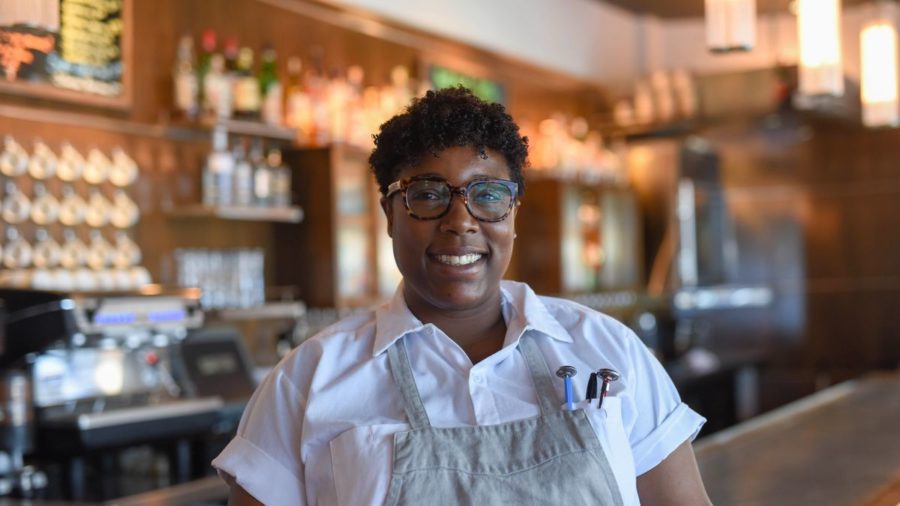
“It is exciting to organize LDEI’s initiatives with a cross-section of women who are from a variety of cultural backgrounds and who are of various age groups. We are a non-profit with great creative and business talent.”
LDEI initiatives are global and local in focus with emphasis on advancing cooperation between diverse food growers and makers. LDEI Savannah & Coastal Georgia has the distinction of being an important part of American culinary history, a history Sage promotes in her personal work as an alchemist and herbalist, and organic farmer/restaurateur (The Farmer & Larder).
LDEI Savannah & Coastal Georgia is still in the process of organizing, a new membership class will not be invited until later in the year. In the meantime, Sage looks forward to learning more from chapter members about other women doing food work, particularly women who identify as indigenous (Native American, Gullah-Geechee). She supposes that through LDEI women who are known locally can be drawn into a wider network that accepts their work as significant.
“Gullah-Geechee culture informs the foodways of this region, remaining sensitive to that fact while serving is paramount to any philanthropic act we perform as members.” She adds, “We have a unique opportunity to shed a spotlight on women who practice generations-old food traditions that inspire much of what the rest of us do now.”
